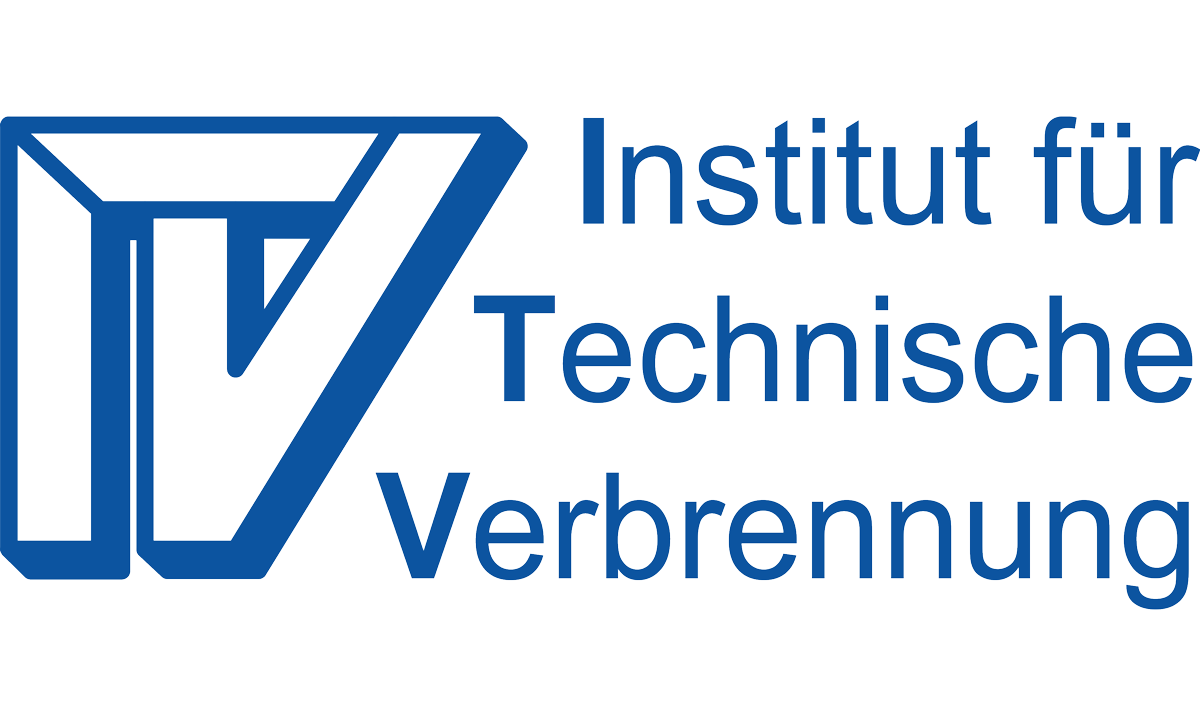Exzellenzcluster Sustainable and Energy-Efficient Aviation - Forschung für nachhaltige eFuels

| Team: | Julian Bajrami, M. Sc.; Paul Zimmermann, M. Sc. |
| Year: | 2019 |
| Duration: | bis 2026 |
Der Exzellenzcluster SE²A ist ein interdisziplinäres Forschungsvorhaben mit dem Ziel, Technologien für die nachhaltige und umweltverträgliche Entwicklung des Luftverkehrs zu erforschen. In dem Cluster arbeiten Wissenschaftlerinnen und Wissenschaftler aus Luftfahrt, Elektrotechnik, Energie, Chemie und Design an der Senkung von Emissionen, der Verringerung der Lärmbelastung, der Recyclingfähigkeit von Lufttransportsystemen sowie der Weiterentwicklung des Luftverkehrs-Managements. An SE²A sind neben der TU Braunschweig das Deutsche Zentrum für Luft- und Raumfahrt (DLR), die Leibniz Universität Hannover (LUH), die Hochschule für Bildende Künste Braunschweig (HBK) und die Physikalisch-Technische Bundesanstalt (PTB) beteiligt.
Im Teilprojekt C3.3, das vom ITV Hannover in Zusammenarbeit mit der PTB (Prof. Ravi Fernandes) bearbeitet wird, werden die Verbrennungseigenschaften flüssiger Electro-Fuels (eFuels) untersucht und auf ihre Eignung zur Verbrennung in Lean Premixed Prevaporized (LPP) Brennkammern geprüft. Eine solche LPP-Verbrennung von eFuels in Flugtriebwerken würde eine ultra-saubere Luftfahrt ermöglichen, da sie ohne jegliche Rußpartikel und nahezu ohne NOx-Emissionen auskommt. Zu den eFuels gehören prinzipiell solche Kraftstoffe, die mit nachhaltigem, regenerativem Strom (z.B. aus Wind und Sonne) und mit Kohlenstoff aus Biomasse oder aus dem CO2 der Atmosphäre hergestellt werden, wodurch sie als CO2-neutral betrachtet werden können.
Der Fokus der Forschung liegt darin, den eFuel mit geeigneten Eigenschaften wie ausreichend langen Zündverzugszeiten für die Mischstrecke der LPP-Brennkammer und mit einer entsprechenden Flammenstabilität zu finden. Derzeit konzentrieren wir uns hier auf sauerstoffhaltige Kohlenwasserstoffverbindungen wie Alkohole und Furane, die zuvor elektrochemisch synthetisiert wurden.
Für Experimente ist am ITV eine flexible Misch- und Brenneranordnung aufgebaut, in der die Prozesse der Vorverdampfung, Vormischung, Vorzündung und des Flammenrückschlags für sehr unterschiedliche Brennstoffe mit quantitativer Variation des Brennstoff-Luft-Mischungsverhältnisses und der Vorwärmtemperatur untersucht werden. Zusätzlich werden chemische kinetische Mechanismen entwickelt und validiert. Die Verbrennungs- und Flammenstabilisierungseigenschaften verschiedener flüssiger Electro-Fuels werden untersucht, die in Zusammenarbeit mit anderen Gruppen des Exzellenzclusters so analysiert werden, dass sowohl die synthetischen Produktionsmöglichkeiten als auch die Verbrennungseigenschaften miteinander in Beziehung stehen und Struktur-Eigenschafts-Beziehungen hergestellt werden können. Dies ist ein wichtiger Schritt zur nachhaltigen emissionsfreien Luftfahrt.


